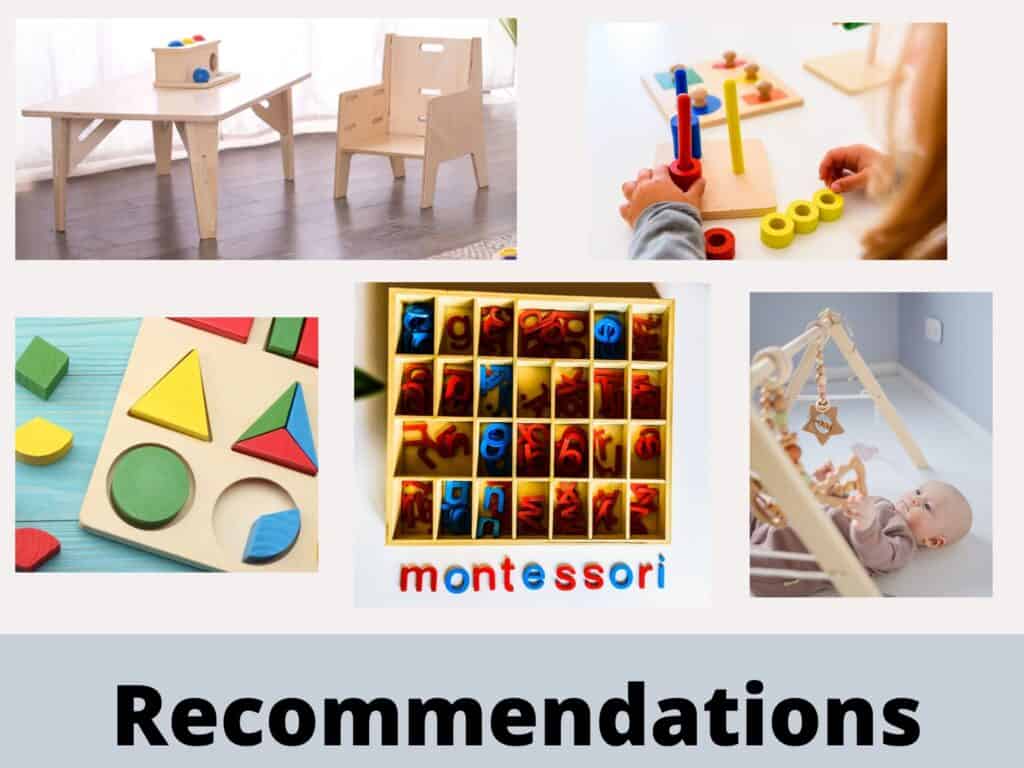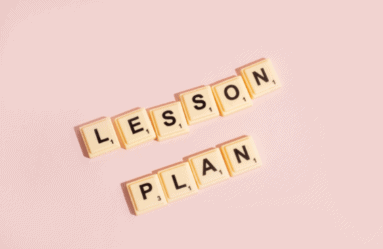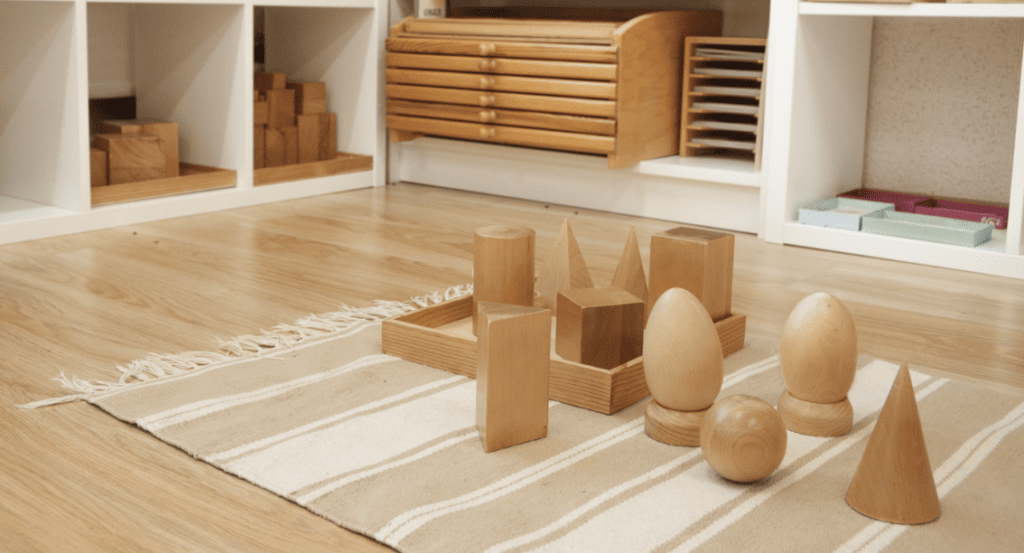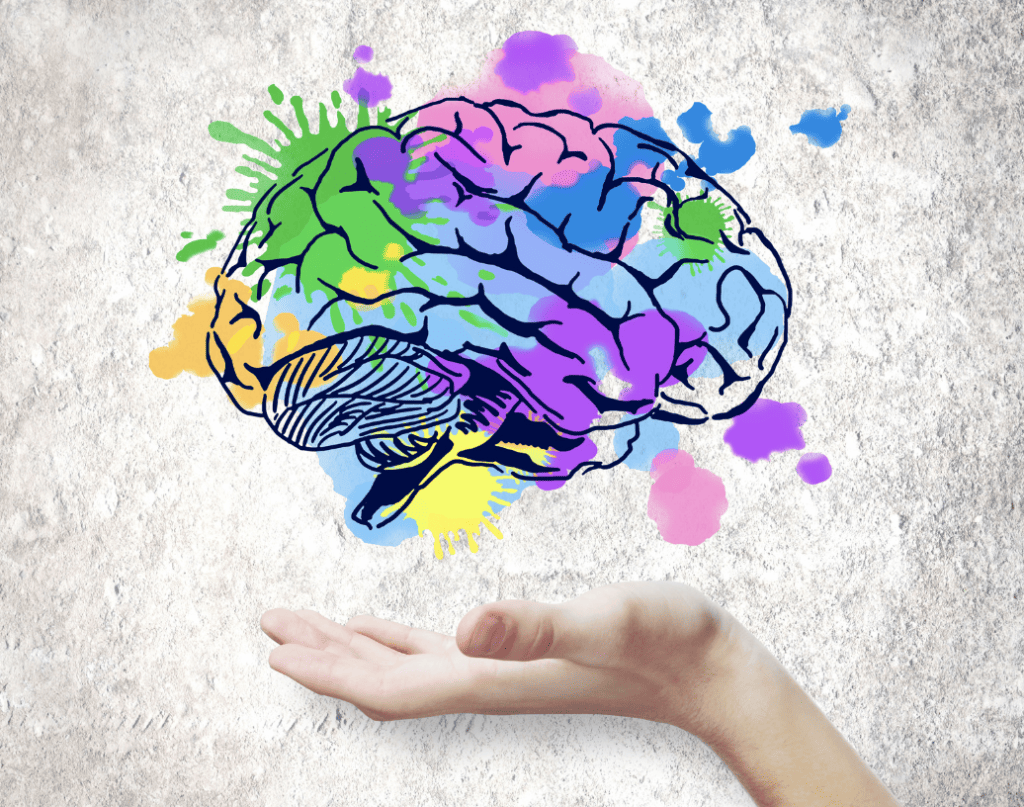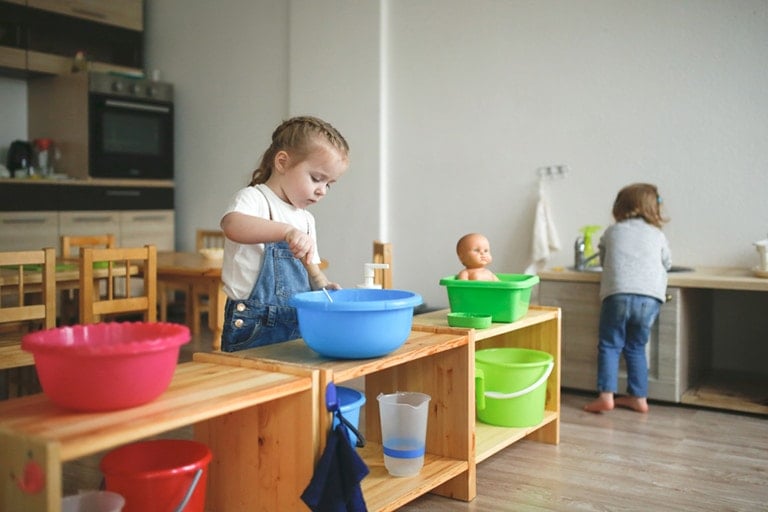
Although
Dr. Maria Montessori said that children go through four distinct stages or planes of development that prepare them for adulthood. You may be surprised to learn that the final stage goes well into your child’s early twenties.
Montessori’s four stages of development are:
- Birth to age 6 (infancy).
- Ages 6-12 (childhood).
- Ages 12-18 (adolescence).
- Ages 18-24 (maturity).
At each stage, your child has different needs that need catering to differently. These stages build upon each other to turn your curious child into a confident adult ready to take on the world.
Today, we’ll explore the four
Four Montessori Planes of Development
If you’ve ever walked into a
These multi-age classrooms are based on
Let’s jump right into learning what each
First Plane: Infancy and early childhood (Birth to Age 6)

The first stage of development starts as soon as your child is born. The main focus of this plane of development is absorption. This stage is the time where your child finds their personality.
During the first few years, your child’s mind absorbs everything around them to help turn them into an individual. Everything is about them at this stage, and they develop a desire for physical independence.
Throughout this stage, your child will be learning the foundations of their life and the basic skills they need to navigate this world, including:
- Movement.
- Language and communication.
- How to interact with others.
- Toileting.
- Basic mathematics.
In this time, most people enroll their children in a Montessori school to help foster their learning and focus their intense interest.
Second Plane: Childhood (Ages 6-12)
By the time they reach the second plane of development, your child should have learned to channel their energy, although it doesn’t mean they are calm. However, they have the basic knowledge and human skills to maneuver around the world, and they have developed a personality.
At this age, your child no longer learns through absorption but uses reasoning, imagination, and logic to navigate the world. They want independence during this stage, and they develop their conscience and gain a better understanding of right and wrong.
This age is also when your child begins to interact more with others and forms important relationships with peers. Be prepared not to be the central focus of your child’s world–as their desire for acceptance outside of the home increases, your child’s peer identity becomes increasingly important. This time is ideal to teach them about ethics and how to treat others.
Third Plane: Adolescence: (Ages 12-18)
Montessori’s third plane of development is a very sensitive time for your child and the time of the biggest transformation. Not only is your child transforming psychologically, but they are also transforming physically. It’s important to support them on both fronts.
This third stage is a period that will test your child’s critical thinking, but you’ll notice that they have less energy than in the previous stages. During adolescence, your child will be overwhelmed with feelings of self-concern, and you may notice that they start to be quite critical of themselves.

Curing the third plane, your child will desire emotional independence more than anything. They may be less inclined to share their feelings with you less and will want to deal with things on their own. Encourage them to express themselves in the way that makes them most comfortable.
Connect academic learning to real-life skills, such as:
- Gardening.
- Cooking.
- Sewing.
- Finances.
Your child is working on figuring out their social selves during this time, so it’s important to give them the space that they desire.
Fourth Plane: Maturity (Ages 18-24)
Also known as the transition to adulthood, the fourth
During this time, your child will develop a higher level of self-understanding and begin their quest towards independence and satisfaction through a career.
The type of independence that they desire at this age is financial. Essentially, they spend the first three years of this stage (age 18-21) discovering what they want to do, career-wise and in every other aspect of their life as well. They then spend the last three years (age 21-24) pursuing their choice.
If they had access to several branches of learning while they were in the previous stages, your child should already know where they want to take their career.
Montessori’s Four Planes of Development Create a Well-rounded Adult
Dr.
Each stage of development meets the needs of your child during a specific time in their lives, helping them grow emotionally and intellectually.
It’s never too late to start using Montessori principles in your child’s education. Find activities that suit their age and cater to their interests, and watch your child develop into a happy, healthy adult.
